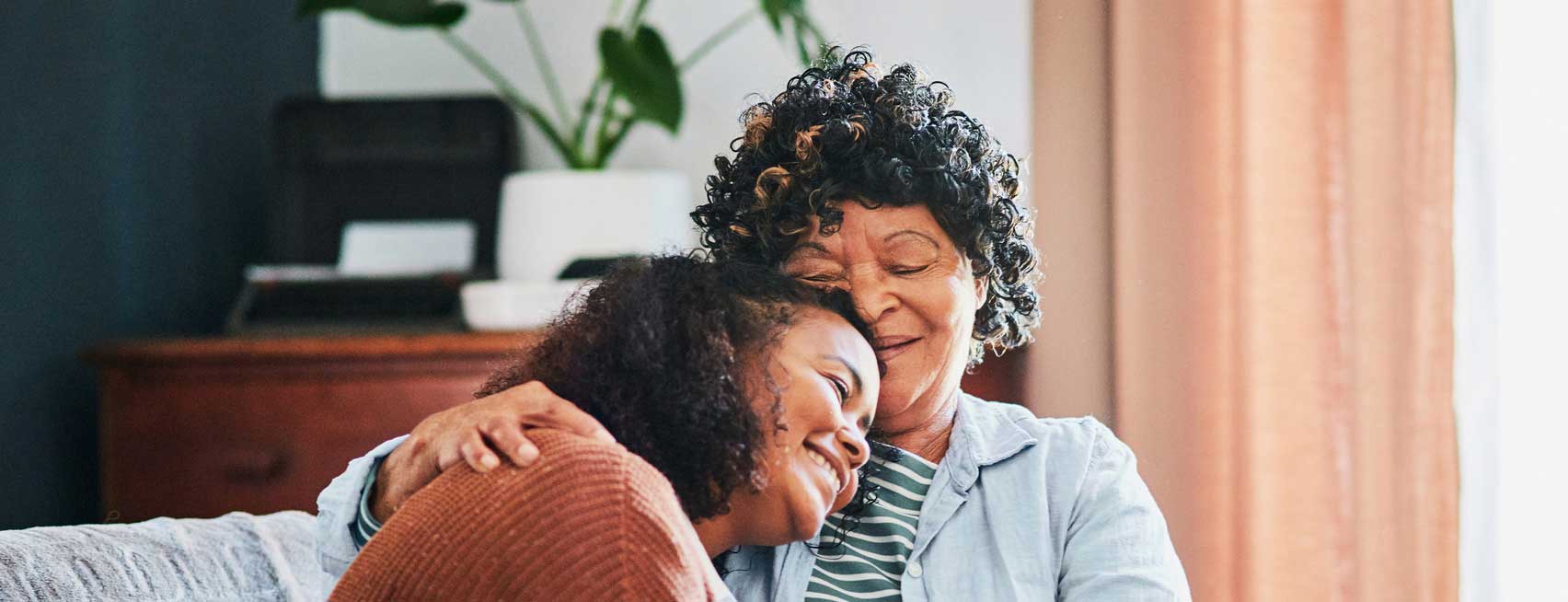
A Look at Grief and Loss through a Lens of Hope
Many older adults are affected by grief and loss, especially during the COVID-19 pandemic. This session will look at what is being done to address grief from various perspectives and the power of hope and resilience.
Eligible for 1 CEU with live participation
Learning Objectives:
At the end of this session, participants will be able to:
1) Describe the different types of grief such as prolonged grief and disenfranchised grief.
2) Discuss practice approaches and innovative strategies to address grief such as through writing and Death Cafes.
3) Identify resources available to help people who are grieving.
M. Katherine Shear, MD
Marion E. Kenworthy Professor of Psychiatry
Columbia School of Social Work and Vagelos College of Physicians and Surgeons
Dr. M. Katherine Shear is the Marion E. Kenworthy Professor of Psychiatry and the founding Director of the Center for Prolonged Grief at Columbia University School of Social Work. Dr. Shear is a clinical researcher who first worked in anxiety and depression. For the past 25 years, she has focused on understanding and treating people who experience persistent, intense grief, which is now an official diagnosis called Prolonged Grief Disorder in the DSM-5 TR. Dr. Shear developed Prolonged Grief Disorder Therapy, a short-term, strength-based intervention that helps foster adaptation to loss and confirmed its efficacy in three large NIMH-funded studies.
Erica G. Srinivasan, PhD
Associate Professor
UW-La Crosse, Psychology Department
Dr. Erica G. Srinivasan is an Associate Professor of Psychology at the University of Wisconsin—La Crosse, where she also serves as the Director for the Center for Grief and Death Education, is Co-Chair for the Gerontology Certificate, and is on the Planning Committee for the University’s International Conference on Death, Grief and Bereavement. Her primary research is on grief and loss, particularly in the areas of aid-in-dying, dementia, COVID-19, and death education.
Jane Nichols
Wife Sharing a Journey of Grief
After graduating from Alma College with a degree in social work, I got married and proceeded to bear two wonderful children. After a divorce, I returned to Eastern Michigan University and received my teaching certificate and Masters degree in Education. I started my elementary school teaching career in Plymouth, Michigan ending up teaching everything at that level but kindergarten. Six years later I fell in love again… with my principal. He came to this new marriage with three adult children and one child who lived with us. It has turned out to be a special blended family. After retirement, we built a home in Suttons Bay, Michigan. We were very blessed in many ways. In 2010 Carrol (my husband) was diagnosed with mild cognitive impairment. We tackled this disease together: a drug regimen, classes to improve his weak areas, music therapy, and a positive attitude. In this case, unfortunately, he-along with all his siblings, had inherited his mother’s Alzheimer’s. Over time it became apparent that we needed to move to a smaller home close to a memory facility. We moved in early 2016 and five months later the rapid decline began with a massive sepsis infection. By 2019 he needed to be placed in a facility. This was a very difficult decision and the transition was challenging. Then Covid-19 came along. Being apart was life altering for both of us. After a fall at the facility, he was hospitalized with a broken femur and that’s when they discovered he had COVID-19. He died of that in late 2020.
Shari Ling, MD (Moderator)
Deputy Chief Medical Officer
CMS
Dr. Shari Ling is the Deputy Chief Medical Officer for the Centers for Medicare & Medicaid Services (CMS). Dr. Ling contributes her clinical expertise to the Agency as a geriatrician, gerontologist, internist and rheumatologist, supporting CMS’s actions to improve health outcomes for beneficiaries, families, and caregivers through the delivery of high quality, person-centered care across settings. She currently steers CMS efforts to address the nation’s mental and behavioral health needs as a leader of the CMS Behavioral Health Steering Committee, with a strong focus on care and services for people with behavioral health conditions, and mitigating barriers to equitable care. She also supports the CMS efforts in special topics such as pain, dementia, and multiple chronic conditions, ad improving quality in long-term care. Dr. Ling coordinates the work of the CMS medical officers and other clinicians. She regularly provides mentoring to fellows, students, and others beginning their careers in health care.
Dr. Ling earned a Master’s in Gerontology from the University of Southern California, and MD degree from Georgetown University School of Medicine. She performed postgraduate fellowships in rheumatology at Georgetown University Hospital and in Geriatric Medicine at the Johns Hopkins University School of Medicine.

